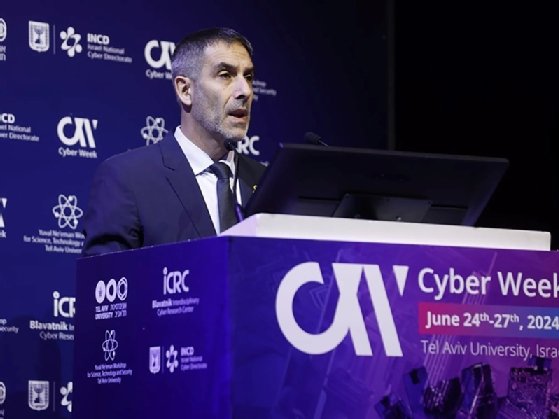
Artur Marciniec – Fotolia
Israel’s cyber chief has called for international action against Iran over state-backed hacking
Gaby Portnoy, director general of the Israel National Cyber Directorate (INCD), has called for countries to work together in a “joint front” to combat Iranian state-linked hacking.
He said hackers linked to Iran are targeting Saudi Arabia, Oman, Canada, the UAE, the UK, Germany and Austria among others, including countries that regard Iran as an ally.
“This makes Iran’s aggression a regional and international one, not only an Israeli one,” Portnoy told a conference in Tel Aviv.
He said Iranian-linked hacking groups such as MuddyWater, linked to Iran’s Ministry of Intelligence and Security, and Imperial Kitten, linked to the Islamic Revolutionary Guard, were posing threats internationally.
The INCD director said that since Hamas attacked Israel on 7 October 2023, cyber attacks against Israel have become more aggressive and are targeting more critical national infrastructure.
The Tel Aviv-based directorate, which has links to the UK’s National Cyber Security Centre, is responsible for Israel’s civil cyber defence and developing cyber security policy.
Speaking at the Cyber Week annual conference held at Tel Aviv University, Portnoy said hacking groups were using “psychological warfare” in attacks against Israel and other countries. “Information extracted is distributed to various media channels like Telegram and X (previously Twitter), and mostly not identified as being Iranians,” he said.
Lines crossed
Iranian hacking groups had crossed “humanitarian red lines”, said Portnoy, citing the cyber attack against the Ziv medical centre in Safed in Galilee, Northern Israel, in December 2023.
A hacking group linked to Iran claimed on messaging network Telegraph to have stolen hundreds of thousands of medical records from the Israel Defence Forces.
The Iranian Black Shadow group was exposed by an Iranian news website as using a front company, involved in providing IT and software by an Iranian news website. The exposure undermined its ability to conduct offensive cyber operations, according to Israeli officials.
The war in cyber space since 7 October meant the INCD saw the need to develop advanced cyber defences in the future, Portnoy told the conference.
“We need to step higher and go further in everything we think we need to step up from thinking about securing the cyber space to thinking about securing digital space,” he said.

Innovative solutions implemented in the aftermath of the Hamas attacks could be ground for future security efforts, he said.
Portnoy said there is a need for national and global efforts to protect cyber space – a concept he referred to as “working together 2.0”. “Imagine a world where cyber attacks are detected and blocked by international-level ecosystems and platforms,” he said.
International collaboration innovation could allow new and emerging technologies to be developed so that they are “secure by design”.
This could include cyber defences capable of receiving automatic updates to mitigate against cyber attacks.
Read more on IT risk management

Iranian cyberattacks targeting U.S. and Israeli entities

By: Alexander Culafi

How Iranian cyber ops pivoted to target Israel after 7 October attacks

By: Alex Scroxton

US sanctions Iranians behind CNI cyber attacks

By: Alex Scroxton

Ransomware dwell times now measured in hours, says Secureworks

By: Alex Scroxton






